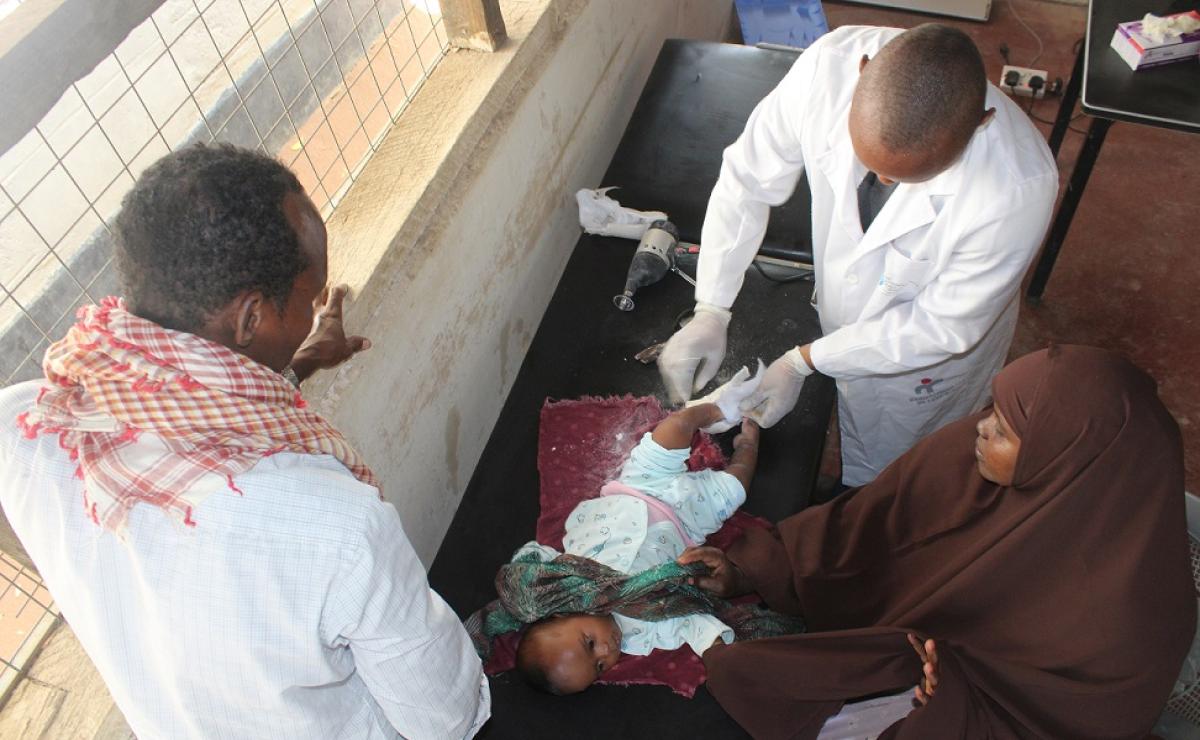Nawal’s Gradual Recovery Following Club Foot Diagnosis

When one-year old Nawal was born in 2021, her mother Arto Mohamed, 25, realized that her feet were not looking normal. They were twisted with the soles of the feet turned inwards. She notified the medical personnel who advised her to visit the rehabilitation centre managed by Lutheran World Federation (LWF) at Hagadera in Dadaab Refugee Camp.
She brought Nawal for detailed diagnosis of her condition and secured an appointment for casting to be placed on both legs. In March 2022, her mother returned to the Rehabilitation Centre in Hagadera for the casting to be removed. Within the span of time, Arto had become a mother of three children, welcoming a set of twin girls. On the day that Nawal was brought to the rehabilitation centre for removal of the casting, Arto could not attend because she had another medical appointment at Hagadera Hospital for the twin girls. Her grandmother Hadija came along.
Arto worried about Nawal’s future. “He risks missing some growth and development milestones, such as walking, running and jumping. Although he can voice basic words like mama and baba, it worries me that his feet development milestones may be delayed or not be achieved. We do not have any other children with disabilities in our family,” she said.
Four months later, Nawal’s condition has greatly improved. “He can stand by supporting himself against chairs or walls. He cannot put his feet straight, and he does not feel any pain. However, he can detect that he has a problem because he can see other toddlers struggling to stand on their own and succeeding,” Arto says. Luckily, Nawal can eat by herself, crawl and touch objects.
Arto has also received psychosocial counseling to help her manage Nawal’s condition. “Although we do not have a history of physical disabilities in our family, I have encountered many people with disabilities in the refugee camps. Some are using wheelchairs, crutches, and other assistive devices. The community is also more tolerant and accepting towards persons with disabilities,” she says. Looking ahead, Arto’s plan is to put back Nawal, on and off, into casting and hope for progressively better results. She also hopes other medication options can be provided to help ease the condition.
The Rehabilitation Centre at Hagadera is managed by LWF Dadaab Program and provides health services to refugee and host communities in the camp. The centre’s operations are funded through donor support, with Australian Lutheran World Service (ALWS) and Radio Aid being the main donors. The donors support procurement of medical equipment and facilities used on a day-to-day basis in addressing various health conditions such as club foot, bone fracture and cerebral palsy.

